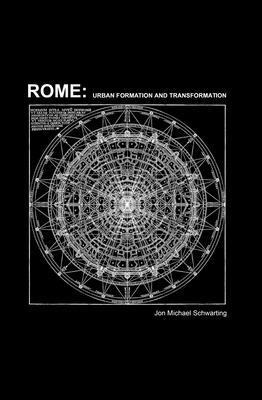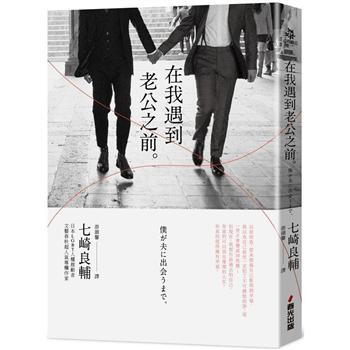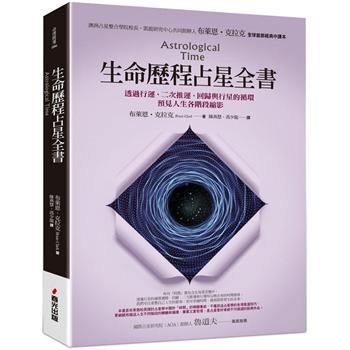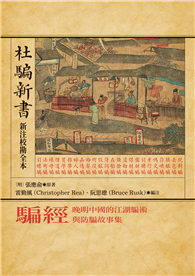| FindBook |
有 1 項符合
Rome: Urban Formation and Transformation的圖書 |
 |
Rome: Urban Formation and Transformation 作者:Jon Michael,Schwarting 出版社:Applied Research & Design 出版日期:2017-06-15 語言:英文 規格:精裝 / 28.6 x 28.6 x 2.5 cm / 普通級 |
| 圖書館借閱 |
| 國家圖書館 | 全國圖書書目資訊網 | 國立公共資訊圖書館 | 電子書服務平台 | MetaCat 跨館整合查詢 |
| 臺北市立圖書館 | 新北市立圖書館 | 基隆市公共圖書館 | 桃園市立圖書館 | 新竹縣公共圖書館 |
| 苗栗縣立圖書館 | 臺中市立圖書館 | 彰化縣公共圖書館 | 南投縣文化局 | 雲林縣公共圖書館 |
| 嘉義縣圖書館 | 臺南市立圖書館 | 高雄市立圖書館 | 屏東縣公共圖書館 | 宜蘭縣公共圖書館 |
| 花蓮縣文化局 | 臺東縣文化處 |
|
|
圖書介紹 - 資料來源:博客來 評分:
圖書名稱:Rome: Urban Formation and Transformation
內容簡介
In this book, Formation is ideal and utopian thinking, and Transformation is the adaptation of the ideal to the real or existing conditions. The book examines the dialectical relationship of these in the creation of the city. The subject is a contextual theory of urban design, utilizing Italian Renaissance and Baroque architecture and urban development of Rome, as a case study. It demonstrates the complexity of Roman urbanism and the inter-relationship and role of Roman architecture to its urban context.The theory of urban ’Contextualism’ has not been adequately discussed and presented in regards to this historical city. Why it is important as a theory and as a method for designing Roman cities today? And therefore, it needs to be discussed. The book is an exploration and demonstration of urban analysis and visual diagramming, it is an urban and architectural analysis of significant Ancient, Renaissance and Baroque historical developments in the great city of Rome. There has rarely been a discussion and visual presentation of the relationship of Roman architecture to its urban context.
|










